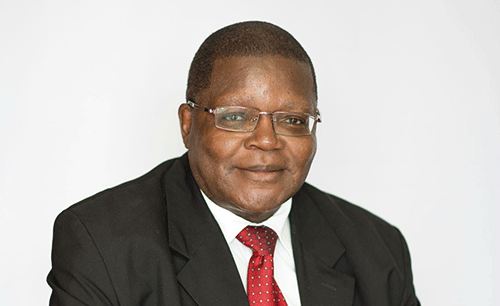In Part 1, I mentioned that the process of the allocation of supervisors and students’ doctoral research proposals in most universities usually takes undue time, running to months and months on end. Once this frustrating process is complete, and you have your supervisors and proposal approved, introduce yourself to your supervisors and prove to them that you are ready to go in earnest.
Usually, your supervisors will ask you to provide them with a work plan which shows expected milestones and when they will be achieved during the course of your study. The milestones will show when you will start and end collecting data for your study, and when you will submit chapters to your supervisors. Students sometimes become so overzealous and ambitious that they come up with unsustainable work plans. Be realistic; do not choke yourself by promising to submit chapters of your research to your supervisors within the shortest time in between.
Take into account the expected number of years you will take for your doctoral study. In most universities, the minimum time of study is three years. Plan your research in such a way that you submit your completed dissertation/thesis for examination towards the end of the third year. Your supervisors will guide you, but the initiative comes from you.
While support from your supervisors is vital, doctoral students have complained that it is not always forthcoming as they would like it. Remember that your professors or supervisors are very busy people contending with other academic and administrative commitments.
Sometimes when you submit a chapter to your supervisors, they take ages to give you feedback. Some students make the mistake of waiting for supervisors’ comments before writing the next chapter. I have always advised students to continue working on the next chapter without the supervisors’ feedback. When you receive feedback on the previous chapter, you can work on the comments and submit the other chapter and so on and so on. Adopting this strategy will assist you in finishing your doctoral studies in the minimum time. Studying the styles of supervision of your supervisors is very crucial. Literature explains a pastoral academic advising style, a laissez-faire style, a contractual style and a directorial style. Studies have proved that academic supervisors with a contractual leadership style work intensely with their students, following all the laid-down principles of academic integrity culture. Such supervisors take pride in the work of their students, and they feel part of their students’ success when they complete and graduate on time.
Also, establish a good working relationship with your supervisors. I know some students who are so confrontational, argumentative and disrespectful. If you are that kind of student, please change your behaviour before it is too late. Supervisors are human beings who may refuse to tolerate unbecoming behaviour. But this is not to imply that you must accept everything your supervisors say without applying your mind. You are a human being, too. Say no to supervisors who want to take advantage of you. It is your right to report uncouth behaviour from supervisors to the authorities. There is nothing wrong with reporting to the academic dean or postgraduate co-ordinator in your faculty.
It is not an exaggeration that the accessibility of supervisors is a big hurdle hindering students’ progress in their doctoral studies. Some supervisors lack competence, experience and care. According to the National Centre for Science and Engineering Statistics (2021) of America, some students have taken an average of approximately 5.8 years to complete their studies because of the complexities they encounter in their doctoral journeys. Locally, some students have gone 7 years without completing their studies, while others have failed to complete their studies. When this happens, “doctoral students’ career goals, life plans, and societal contributions could be significantly altered should they fail to complete the degree” (Roy et al., 2023, p.27).
The figures I have seen show that the number of doctoral students graduating from our local universities has continued to decrease annually on aggregate. Ironically, but not surprisingly, the number of non-completers has phenomenally increased. In other words, the composite doctoral students’ attrition rate is high; this affects the reputation of our higher education institutions. Universities should improve support structures for their doctoral students to increase output in this regard. In order to achieve high completion rates, one of the effective strategies is to screen doctoral students so that they enrol students who are serious about their studies, not chancers who speculate on the advantages of possessing a doctorate. Who said everyone can study for a doctoral degree?
Having said all this in my two articles, I am confident that you will take stock of where you stand and what to do in your doctoral journey. Be tactful and practical when you face challenges and difficulties; do not be ruled by emotions when dealing with your supervisors and authorities in your institution. Your doctoral journey is rewarding, just soldier on! Congratulations to those who have graduated with doctoral degrees during this season of graduations!
Professor Jairos Kangira is a professor of English at the University of Namibia.
Email address: kjairos@gmail.com



